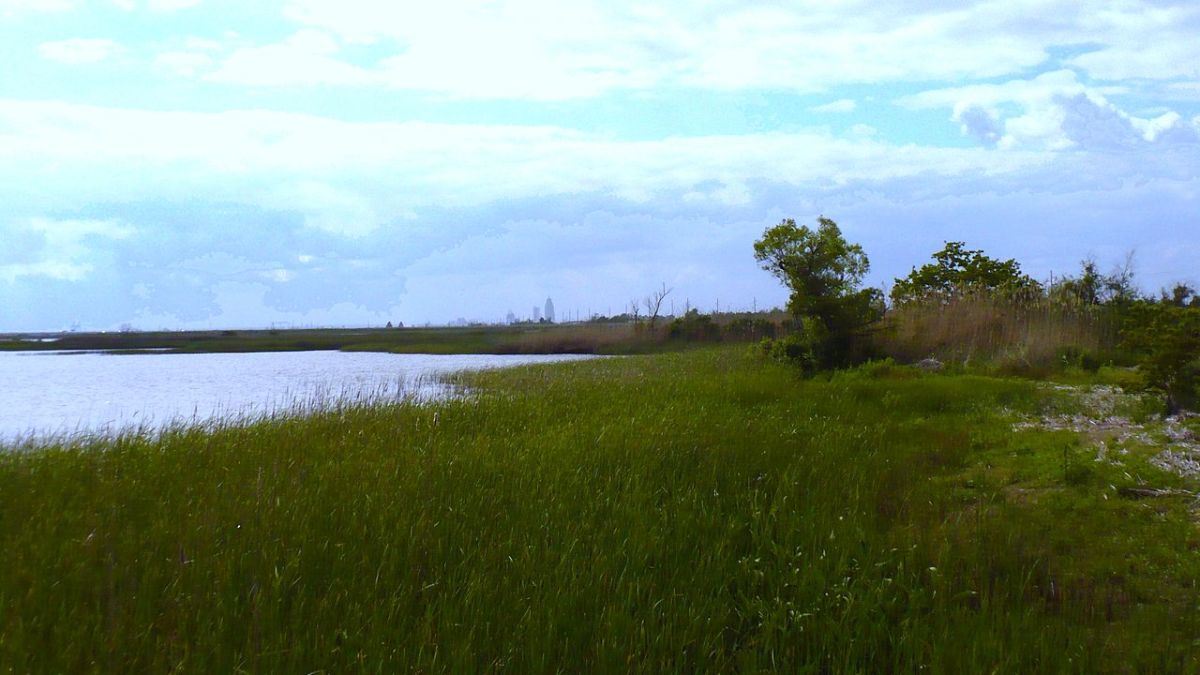Earlier this year, the wreckage of a ship named the Clotilda was discovered in the Mobile River in Alabama after a long and taxing search that spanned several years. The vessel had an infamous history: when it sank in 1860, it had the distinction of being the last slave ship to travel to the United States. That this took place decades after the transatlantic slave trade had been outlawed is both notable and morally repugnant: essentially, it’s one moral outrage piled atop numerous others.
The late date of this voyage did mean that many people who were on it survived into the 20th century. You may remember the 2018 publication of Zora Neale Hurston’s nonfiction book Barracoon: The Story of the Last “Black Cargo”? That book emerged from Hurston’s interviews with a man named Cudjo Lewis, who had been on of the people transported to a life of slavery on that fateful trip on the Clotilda.
The discovery of this sunken ship has more than historical value, though. ABC News is reporting that the specifics of its wreckage tie in to the ongoing debate over reparations in the United States.
Some of that has to do with the ship’s owner, Timothy Meaher — a rich man whose wealth was unaffected by the Civil War and whose family remains prominent today:
Meaher listed assets including $20,000 in land and personal property in the 1870 Census. A newspaper article said his son Augustine was a multi-millionaire in 1905.
Court records from 2012 say the Meaher family real estate company held $35 million in assets including 22,000 acres of land, timber plus rental income and cash. Tax records show Meaher relatives remain large landowners, with $20 million in property through the corporation.
ABC News reports that debate over the nature of reparations is an ongoing one, with some favoring financial compensation and others seeking a personal reconciliation. The Meaher family has yet to comment on the matter.
Subscribe here for our free daily newsletter.
Thanks for reading InsideHook. Sign up for our daily newsletter and be in the know.


















